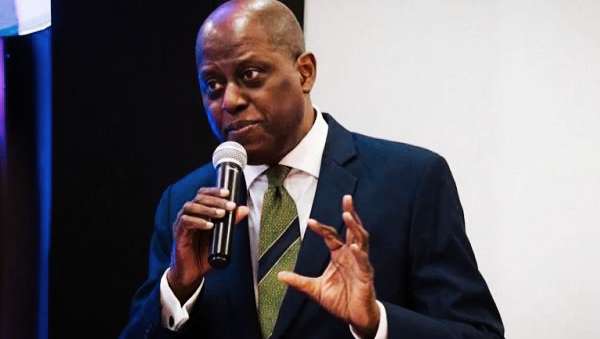Business
Over 10 banks, insurers face possible forced mergers in scramble for new capital

With just six months left before the close of Nigeria’s banking recapitalisation window, more than 10 mid-tier and smaller lenders are struggling to raise the funds required to meet the Central Bank of Nigeria’s (CBN) new capital thresholds — a shortfall that could trigger mergers, acquisitions, or, in the worst-case scenario, forced liquidation.
Business Hallmark findings show that many of the affected banks are grappling with severe investor fatigue, as competition for fresh capital intensifies. The challenge has deepened with the entry of insurance companies into the recapitalisation race, further stretching the capacity of investors and fund managers, many of whom are now reviewing their initial commitments.
While operators are banking on assurances from the CBN that it will provide some support to struggling players, insiders say the regulator’s signals remain vague, offering little comfort to institutions at risk of being left behind.
Merger talks stalling
In the midst of this uncertainty, discussions around mergers and acquisitions (M&A) have gained traction but are increasingly bogged down by disagreements over governance standards, risk appetite, and disclosure of liabilities.
The sticking points, stakeholders note, are slowing progress and fuelling fears of last-minute forced mergers that could wipe out corporate identities and trigger heavy equity losses.
“There are concerns that undisclosed legacy debts could destabilise any hurried merger,” one source said, citing the example of Fidelity Bank Plc, which inherited a $3 million loan from the defunct FSB International Bank during the 2005 consolidation exercise.
Insiders warn that if mergers are rushed in the final weeks of recapitalisation, due diligence may be compromised, leaving acquirers vulnerable to hidden risks. For this reason, most banks are racing to close their fundraising well before the March 2026 deadline set by the CBN, which has insisted it will not grant extensions.
Mixed fortunes in recapitalisation drive
According to CBN Governor Yemi Cardoso, eight institutions have already met the new capital requirements. About 10 more — including tier-one and foreign-owned banks — are in the final stages of securing regulatory clearance, while several others remain mired in fundraising, their survival hanging in the balance.
At the start of 2024, over 30 commercial, non-interest, and merchant banks joined the recapitalisation race. Some of the top players announced early in the year that they had crossed the threshold.
Among those still restructuring is Unity Bank, which, together with Polaris Bank, received regulatory approval for a business combination last August after Unity secured liquidity support. Yet, nearly a year later, the deal has not been concluded, even though both parties are said to have made progress.
Observers say a successful Polaris–Unity merger could pave the way for further combinations and calm nerves across the industry.
Insurance sector raises the stakes
Tensions in the banking sector have been heightened by the recent unveiling of a recapitalisation framework for insurers. Smaller banks that are yet to finalise their capital raising are said to be consulting investment advisers on how to speed up their processes in the face of increased competition for funds.
Analysts warn that unless these institutions move quickly, many could be pushed into unfavourable mergers or outright collapse as the recapitalisation clock ticks toward March 2026.


